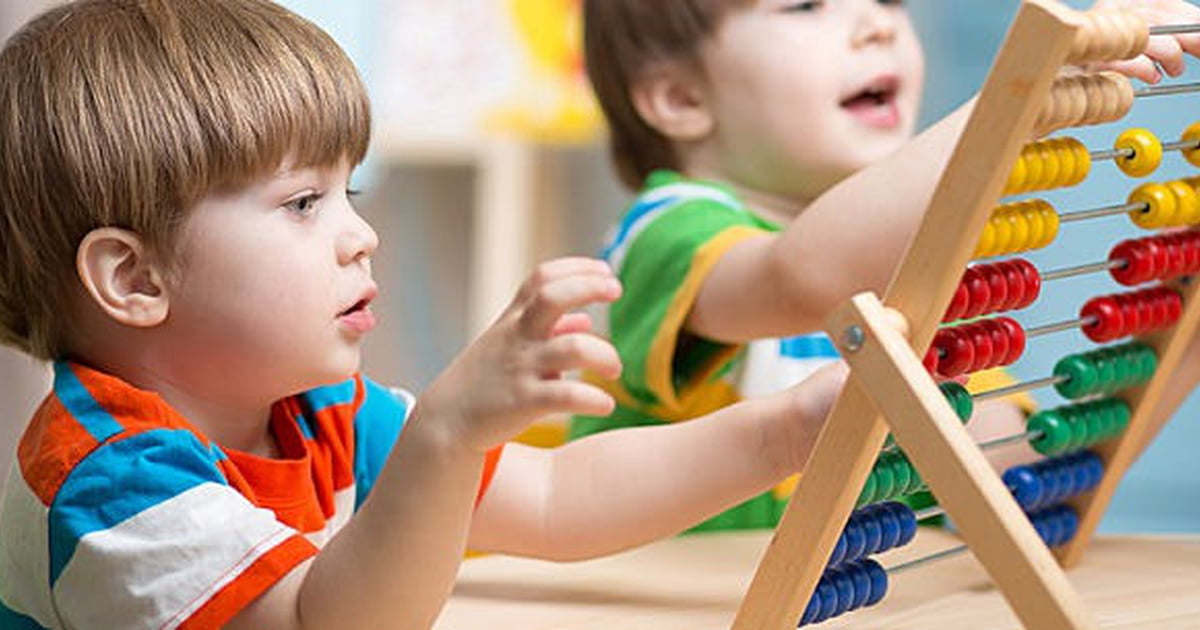Treatments For Dyscalculia
We often think of arithmetic as a learned habit, but the reality is humans and animals typically have an instinctual understanding of basic mathematical concepts. Individuals born without these measurement and spatial reasoning abilities can struggle with understanding and manipulating numbers. This condition is called dyscalculia, and it is commonly referred to as the mathematical version of dyslexia. Though patients with dyscalculia often have a higher IQ than average, they may greatly struggle with math during school. There currently is no way of entirely curing and erasing the dyscalculia, but specific treatment methods can make it easier for individuals to navigate school and life with dyscalculia.
Specialized Instruction

Most patients with dyscalculia will require specialized instruction if they wish to succeed in mathematics. It is quite rare for a child with this condition to do well if they are only learning math in a traditional classroom setting. The best option is to select an instructor who has experience with dyscalculia, but even a basic tutor can provide some help. One on one instruction is very important because individuals with dyscalculia tend to take a lot longer to learn math. They need someone who can explain the same concept repeatedly and let them learn at their own pace. Specialized instruction is also important because it can provide helpful instructions and coping methods. Students with dyscalculia can use the concepts they learn through one on one tutoring to have an easier time in the classroom. In general, instructors for individuals with dyscalculia need to emphasize alternative explanations and study strategies. Frequent review sessions, describing the concepts behind formulas, and using drawn diagrams can all help to explain things in a more easily understood manner.
Get to know the next treatment for dyscalculia now.
Multisensory Instruction

Individuals with dyscalculia tend to do better when they can learn mathematics through hands-on methods involving all the senses. Multisensory instruction helps patients relate math to real life objects instead of abstract concepts. Using hand movements and songs can assist with the memorization skills needed to count, and in the earlier stages of math, things like countable objects provide help with basic arithmetic. Consider using measuring cups and kitchen goods to teach fractions and use rulers or cut out shapes for geometry lessons. Things that get different portions of the brain involved in math will help individuals with dyscalculia to compensate for their difficulties with abstract and mathematical reasoning.
Learn more tips about how to treat dyscalculia effectively by reading more now.
